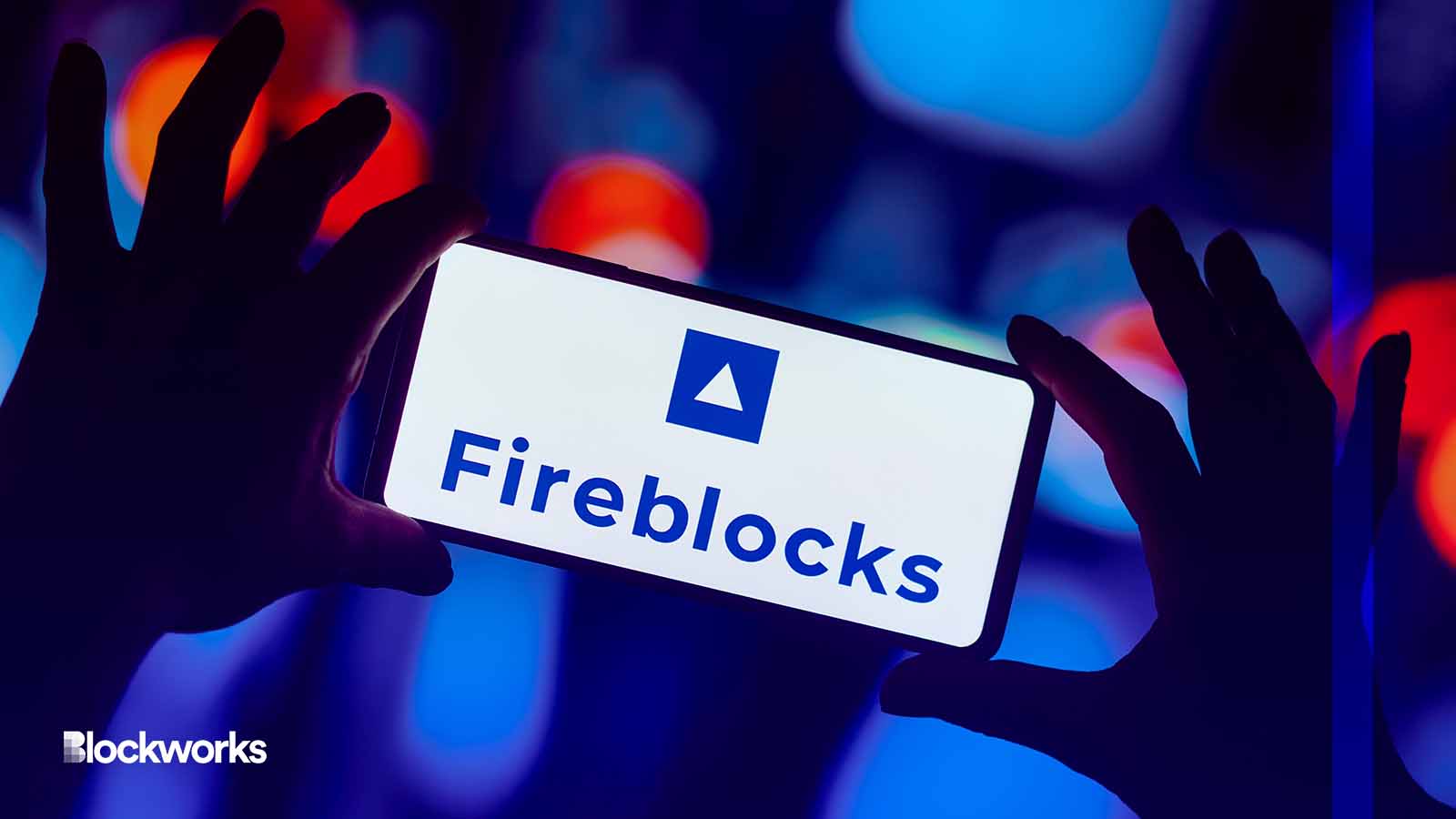Fireblocks’ non-custodial wallet service made for brands, startups
New offering is designed for fintechs and Web3 businesses with users looking for more control over assets after the collapse of FTX and others

rafapress/Shutterstock modified by Blockworks
Blockchain company Fireblocks has unveiled a non-custodial wallet service.
The white-label service allows businesses to build on top of the Fireblocks infrastructure to scale wallets to millions of users, the company said Monday.
The release comes as the customers of various fintechs and brands seek more control over assets following the crash of crypto exchange FTX — and other centralized players across the industry — over the past year, Fireblocks CEO Michael Shaulov told Blockworks in an email.
“They need to be able to eliminate counterparty risk for their customers,” he added. “They also want to be able to provide their users with access to DeFi and NFT apps but fear the number of major hacks that continue to happen every single week.”
Users of multi-party computation (MPC) wallet providers — such as Coinbase, Binance and ZenGo — were initially thought to be impacted by vulnerabilities identified by Fireblocks last month.
Called BitForge, the vulnerabilities “effectively downgrade the protection offered by the MPC system to that of a conventional single key system,” Fireblocks chief product officer Idan Ofrat told Blockworks at the time.
The company’s non-custodial wallets utilize MPC-CMP, an MPC protocol introduced by Fireblocks in 2020. The MPC-CMP algorithm allows digital asset transactions to be signed up to 800% faster, and supports transaction signing from offline and cold wallets, according to a May 2020 blog post.
The MPC-CMP technology “runs in a hardware-based trusted execution environment, rendering a true multi-layer security architecture,” according to a Monday Fireblocks news release.
“Its truly non-custodial model means that their users will never be exposed to Fireblocks’ or their own operational risks,” Shaulov said. “Should their users lose access to their devices, their assets are fully recoverable.”
India-based e-commerce company Flipkart was among those to partner with Fireblocks on a Web3-based brand engagement and loyalty program. Fireblocks has created roughly 2.4 million wallets for Flipkart users — nearly half of which came in the last month.
“Flipkart has an ambitious goal of transforming and democratizing e-commerce in India, and Fireblocks continues to support our vision by simplifying Web3 onboarding for the masses, seamlessly embedding wallets in the background of the Flipkart mobile app,” Flipkart Labs head Ravi Krishnan said in a statement.
Get the news in your inbox. Explore Blockworks newsletters:
- The Breakdown: Decoding crypto and the markets. Daily.
- 0xResearch: Alpha in your inbox. Think like an analyst.






